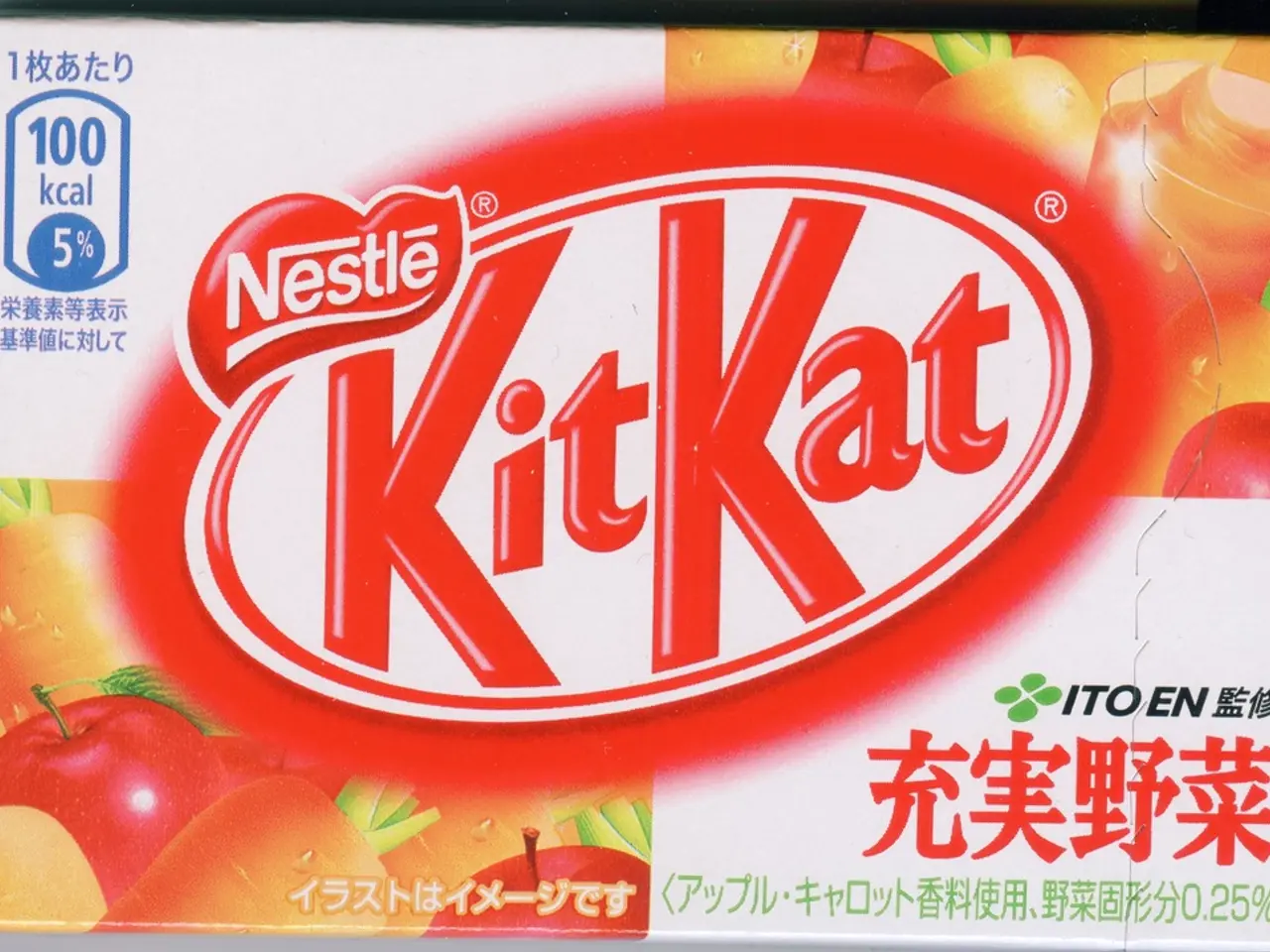Workout Preparation and Refueling: Optimizing Your Body's Energy before and following Physical Exercise
Optimizing Pre- and Post-Workout Nutrition for Enhanced Performance and Recovery
Exercise is a powerful tool for maintaining good health and fitness, but it requires the right fuel to perform at its best. Understanding the role of carbohydrates, proteins, fats, and hydration in pre- and post-workout nutrition can help maximize energy availability, enhance performance, and accelerate recovery.
Pre-workout Nutrition
A well-balanced meal 1-3 hours before exercise should emphasize carbohydrates as the primary energy source, proteins to prevent muscle breakdown, and healthy fats in moderation. Aim for 25-50g of carbohydrates, 10-20g of protein, and appropriate amounts of healthy fats. Hydration is also crucial, with 16-24 oz of water 2-3 hours before exercise and sipping fluids up until the start of the workout. Caffeine intake 30-60 minutes before exercise may enhance focus and endurance if tolerated.
Post-workout Nutrition
Immediately after exercise, replenishing glycogen stores with carbohydrates is essential for quick muscle recovery. Aim for 1-1.5g of carbohydrates per kg body weight, sourced from simple or complex carbs depending on timing. Protein, at 0.3-0.5g per kg of body weight, helps enhance muscle repair and growth. Fats can be included in the recovery meal but are less critical immediately post-workout and should be balanced overall across the day. Rehydration with water and electrolytes is also crucial to restore fluid losses from sweat.
Examples of practical meals include a banana with peanut butter for a pre-workout snack and grilled chicken with sweet potatoes and greens for a post-workout meal. Adapt carbohydrate intake based on training volume and protein intake recommendations for athletes.
By understanding and strategically combining these macronutrients and hydration principles before and after exercise, you can maximize energy availability, enhance performance, and accelerate recovery. Eating the wrong foods before and after exercise can lead to feelings of sluggishness, weakness, fatigue, poor performance, and prolonged recovery.
[1] ACSM's Resource Manual for Sports Medicine and Physical Activity. 5th ed. Lippincott Williams & Wilkins, 2016. [2] Academy of Nutrition and Dietetics. Position of the Academy of Nutrition and Dietetics, Dietitians of Canada, and the American College of Sports Medicine: Nutrition and Athletic Performance. Journal of the Academy of Nutrition and Dietetics, 2016. [3] Burke, L. M., et al. Carbohydrate-protein co-ingestion enhances skeletal muscle protein synthesis during resistance exercise recovery in older men. American Journal of Clinical Nutrition, 2013. [4] Phillips, S. M., et al. Dietary protein recommendations and the prevention of sarcopenia. Journal of the American Medical Directors Association, 2015. [5] ISSN Exercise & Sport Nutrition Review. 10th ed. Human Kinetics, 2018.
- Pre-workout nutrition should consist of a balanced meal, focused on carbohydrates as the main energy source, proteins to prevent muscle breakdown, healthy fats in moderation, and adequate hydration.
- Aim for 25-50g of carbohydrates, 10-20g of protein, and appropriate amounts of healthy fats in your pre-workout meal, and hydrate with 16-24 oz of water 2-3 hours before exercise.
- For a pre-workout snack, consider a banana with peanut butter, which provides a balance of carbohydrates and proteins.
- Post-workout, it is essential to replenish glycogen stores with carbohydrates, consume protein for muscle repair and growth, and rehydrate with water and electrolytes to restore fluid losses from sweat.
- For a post-workout meal, try grilled chicken with sweet potatoes and greens, which provides a balance of carbohydrates, proteins, and healthy fats.
- Adapt carbohydrate intake based on training volume and protein intake recommendations for athletes.
- By strategically combining macronutrients and hydration principles before and after exercise, you can optimize energy availability, enhance performance, and accelerate recovery.
- Eating the wrong foods before and after exercise can lead to feelings of sluggishness, weakness, fatigue, poor performance, and prolonged recovery. Research such as ACSM's Resource Manual for Sports Medicine and Physical Activity, the Position of the Academy of Nutrition and Dietetics, and the American College of Sports Medicine, as well as studies by Burke, Phillips, and the ISSN, support the importance of nutrition and fitness-and-exercise science in health-and-wellness.




